Wonder Is Everywhere: Presidential Relics, a Surprising New Orchid, and More From Around the Web
Get a peek into what we’re obsessed with right now.
Wonder is everywhere. That’s why, every other week, Atlas Obscura drags you down some of the rabbit holes we encounter as we search for our unusual stories. We highlight surprising finds, great writing, and inspiring stories from some of our favorite publications.

The Odd Journey of Abraham Lincoln’s Hair
by Matt Bai, The Washington Post
A reporter-turned-detective tries to figure out how Justice John Marshall’s gallstones, a metal key that unlocked one of Philadelphia’s first jails, and strands of President Abraham Lincoln’s blood-stained hair ended up in his neighbor’s basement in Washington, D.C. It’s a family saga that includes a museum renovation, an abandoned storage container and an FBI task force.
Club-Wielding Ancestors: Myth or Reality?
by Václav Hrnčír, Sapiens
Archaeologist Václav Hrnčír explores the caveman’s club, from the oldest known example—found at Kalambo Falls in Zambia and dating back at least 300,000 years—to those wielded by LEGO minifigs and Fred Flintstone. He finds that the clubs weren’t the crude weapon we picture them to be today, but rather “probably required considerable expertise to craft and maneuver.”
How Climate Change Is Reshaping the Alps
by Vedrana Simičević, BBC Future
The cable car system that ferries visitors from Chamonix to the top of Aiguille du Midi in the French Alps is also “one of the most unusual natural laboratories in the world,” writes reporter Vedrana Simičević. There, scientists are studying the permafrost in the rock walls. Their studies have shown that it serves as the “glue” of the mountain range—and it is thawing.

Did the Bulgarian Police Discover an Unknown Jackson Pollock Painting?
by Taylor Defoe, Artnet
An investigation into organized crime in Sofia, Bulgaria, led to an unexpected discovery: a painting that may have been created by Jackson Pollock for actress (and well-known collector) Lauren Bacall for her 25th birthday in 1949. The work has not yet been authenticated, but breathless estimates of its worth top $50 million.
An Elegant New Orchid Found Hiding in Plain Sight
EurekaAlert
Scientists in Japan have identified a new species of orchid, a beautiful bloom with rosy pink petals that is, unexpectedly, found in manicured lawns and balcony gardens. “This discovery of new species concealed in common locales underscores the necessity of persistent exploration, even in seemingly unremarkable settings,” the team explains.
This Scrap of Fabric Is the Oldest-Known Scottish Tartan
BBC News
Forty years after a 22-by-17-inch piece of material was found in the Glen Affric peat bog in the Scottish Highlands, dye analysis and radiocarbon testing has shown it to be the remnants of green, brown, red, and yellow tartan from the 16th century. “This piece is not something you would associate with a king or someone of high status, it is more likely to be an outdoor working garment,” says Peter MacDonald of the Scottish Tartans Authority.

Venus Williams Is Helping to Preserve Nina Simone’s Childhood Home
by Ellen Wexler, Smithsonian Magazine
Nina Simone—born Eunice Kathleen Waymon—learned how to play the piano in this humble wooden home in Tryon, North Carolina, in the 1930s. Later abandoned, the house might have been demolished if not for the intervention of four Black visual artists who purchased it in 2017. Now, tennis star Venus Williams has joined their efforts to raise $5 million to preserve Simone’s legacy.
London to Pay Tribute to Victims of Slave Trade
by Esther Addley, The Guardian
A new memorial to honor the victims of the transatlantic slave trade will be erected near the Museum of London Docklands, which chronicles the often-dark history of the district and London’s international trade. The site is just steps from where a statue to 18th-century trader and enslaver Robert Milligan once stood. That statue, removed in 2020, is currently in storage at the museum, while a decision is made about what to do with it.





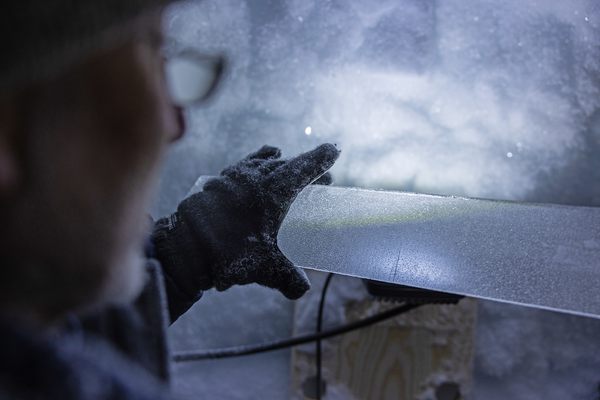


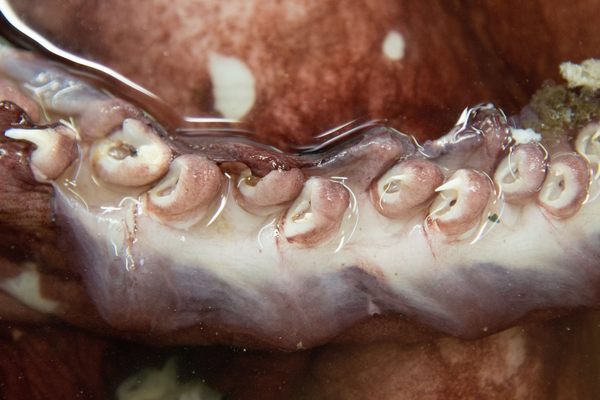





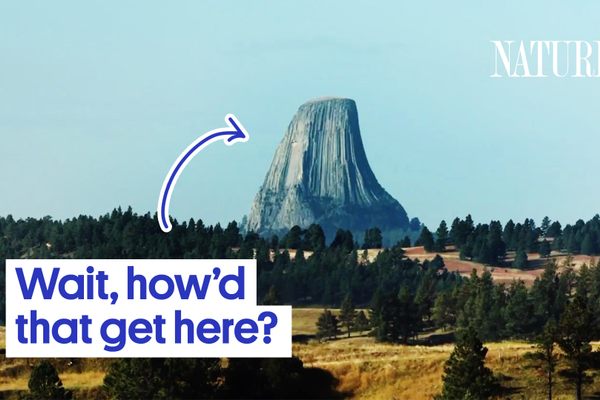
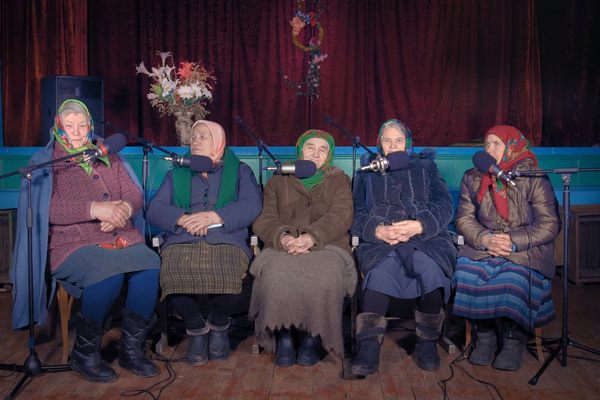
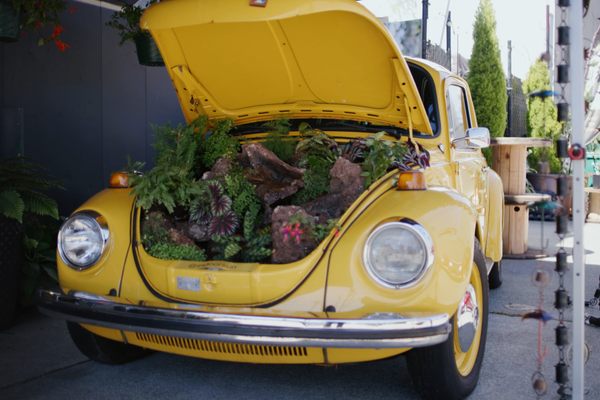


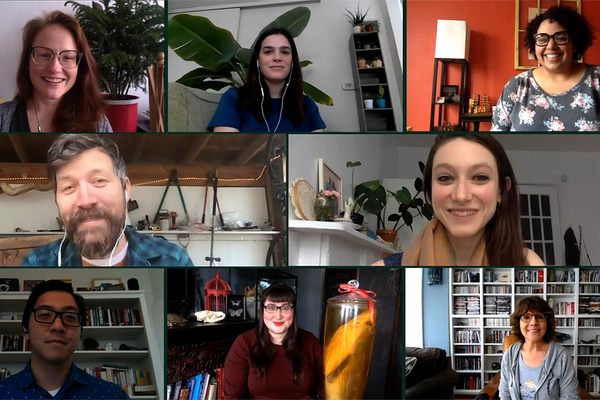

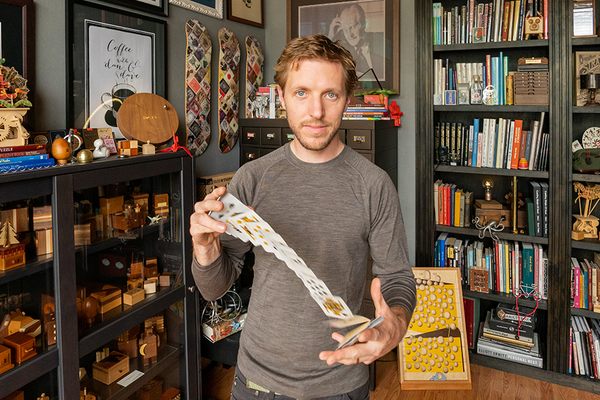





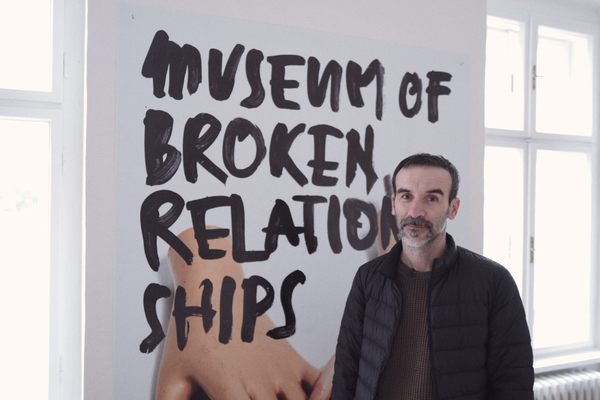




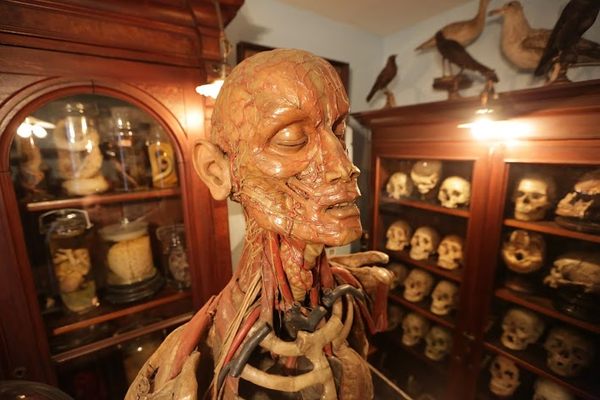











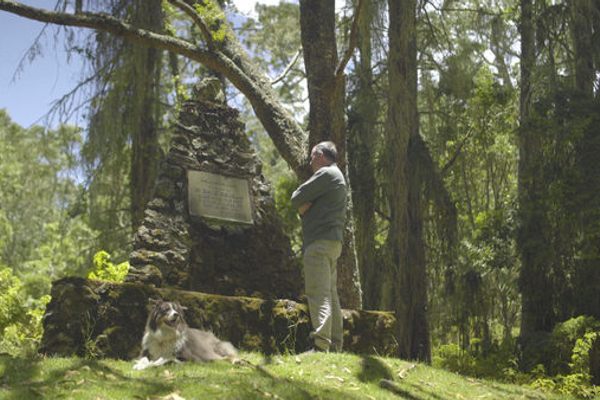

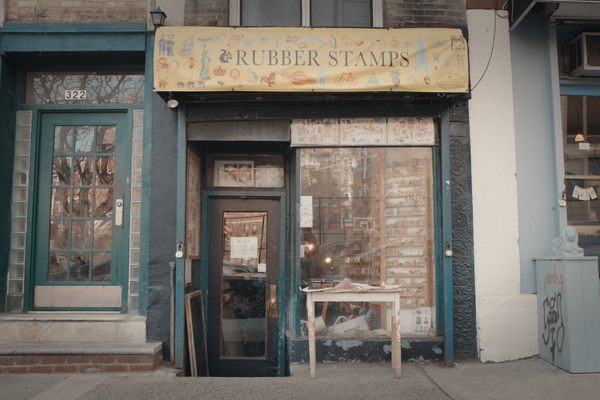



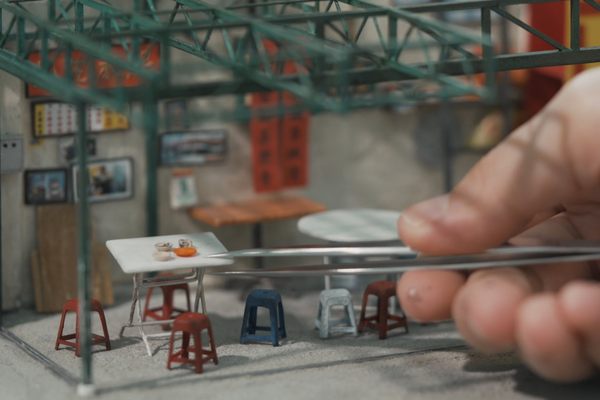


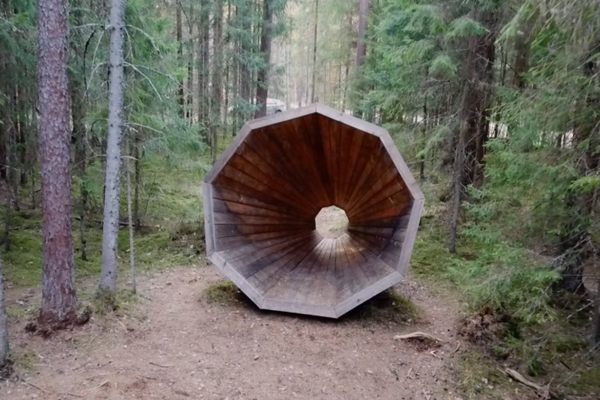
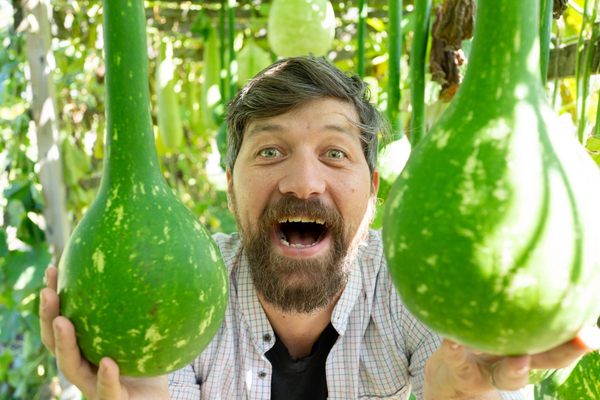
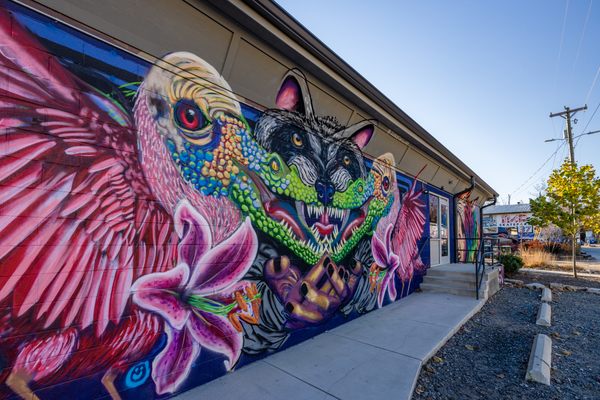
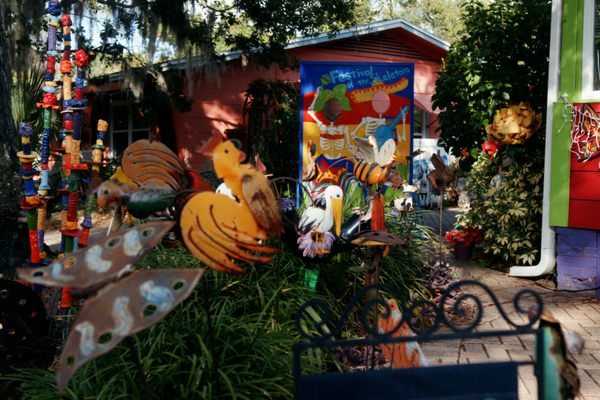


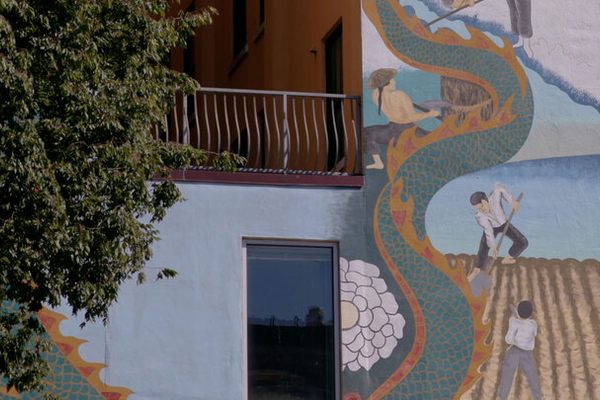






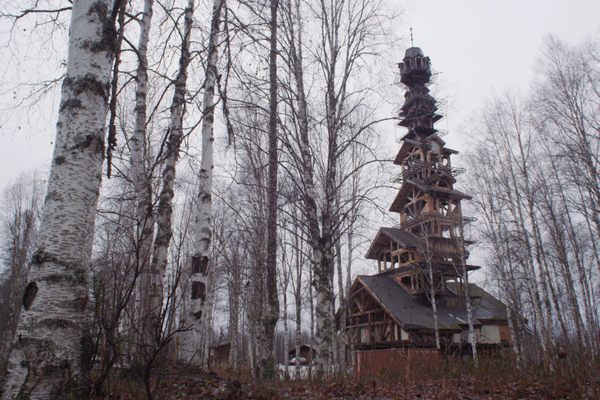
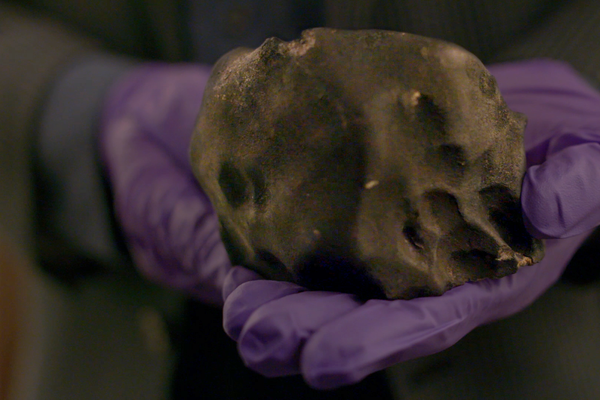

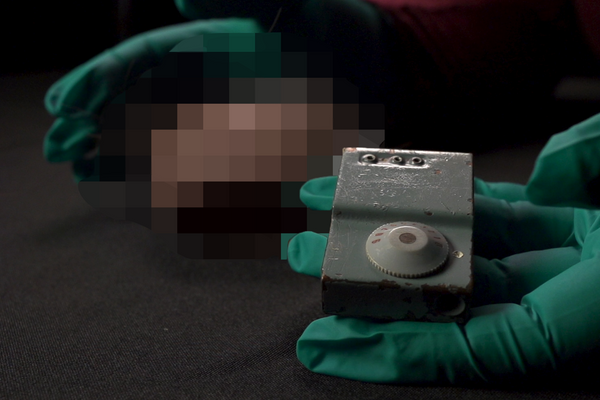



Follow us on Twitter to get the latest on the world's hidden wonders.
Like us on Facebook to get the latest on the world's hidden wonders.
Follow us on Twitter Like us on Facebook